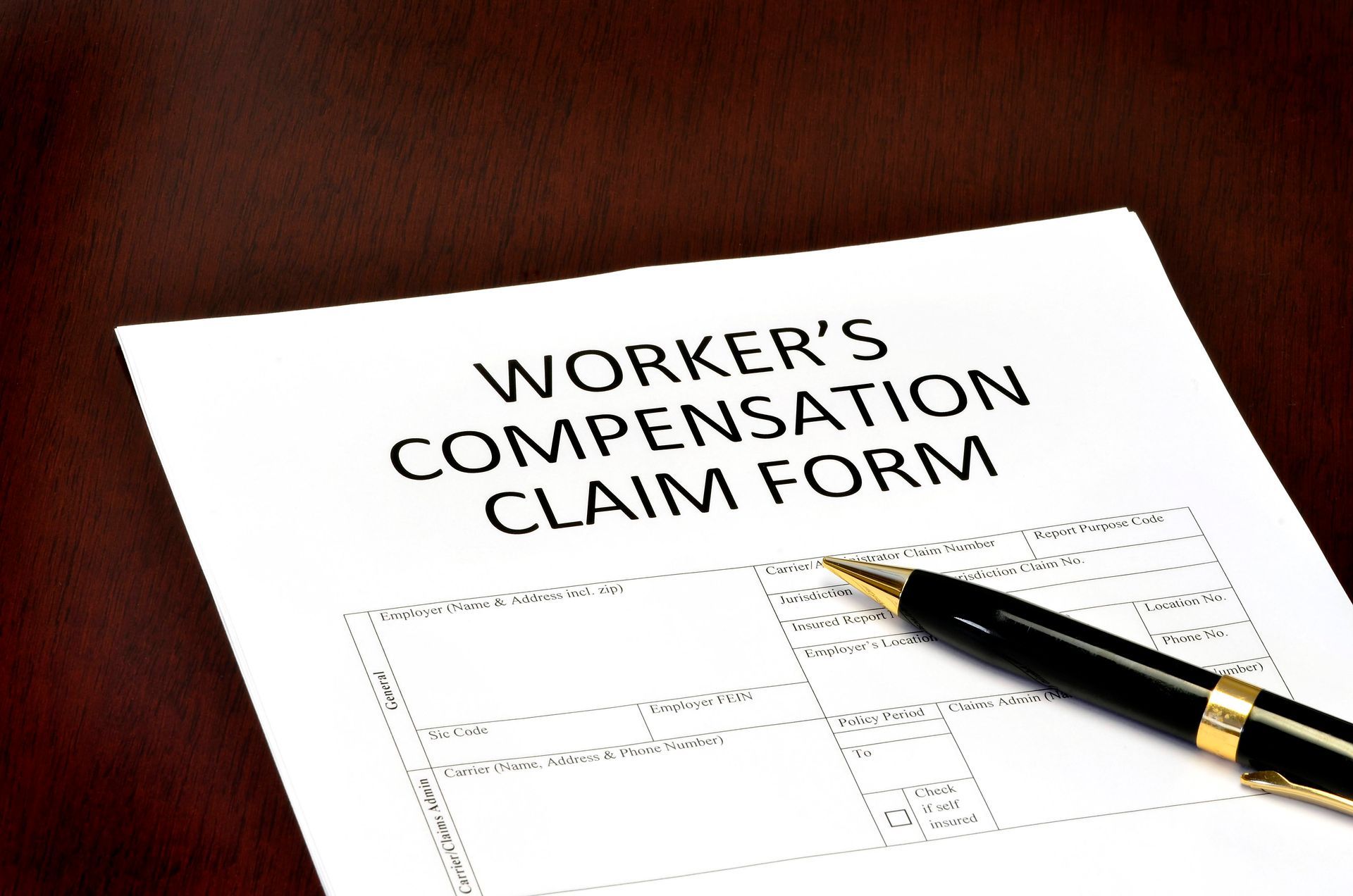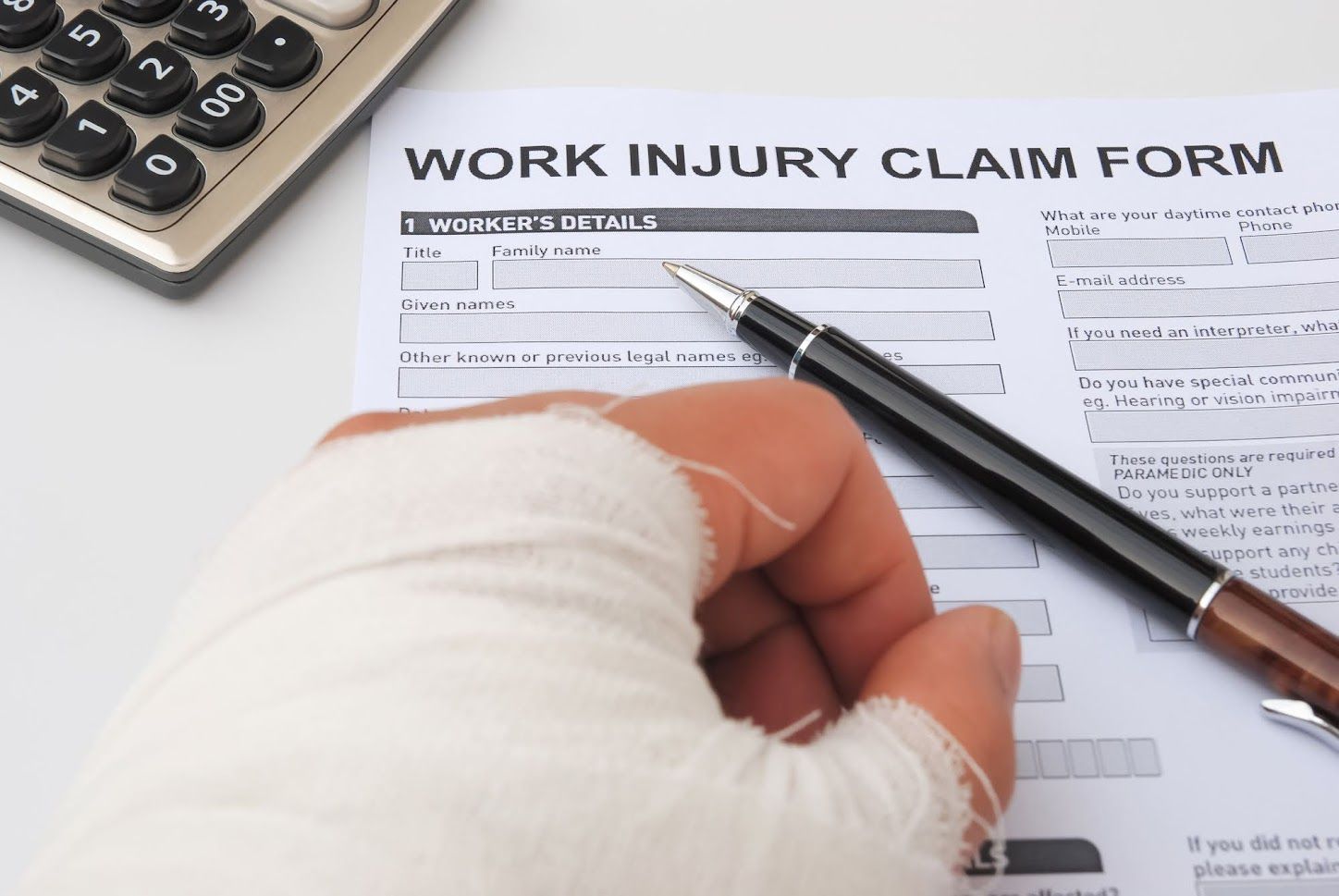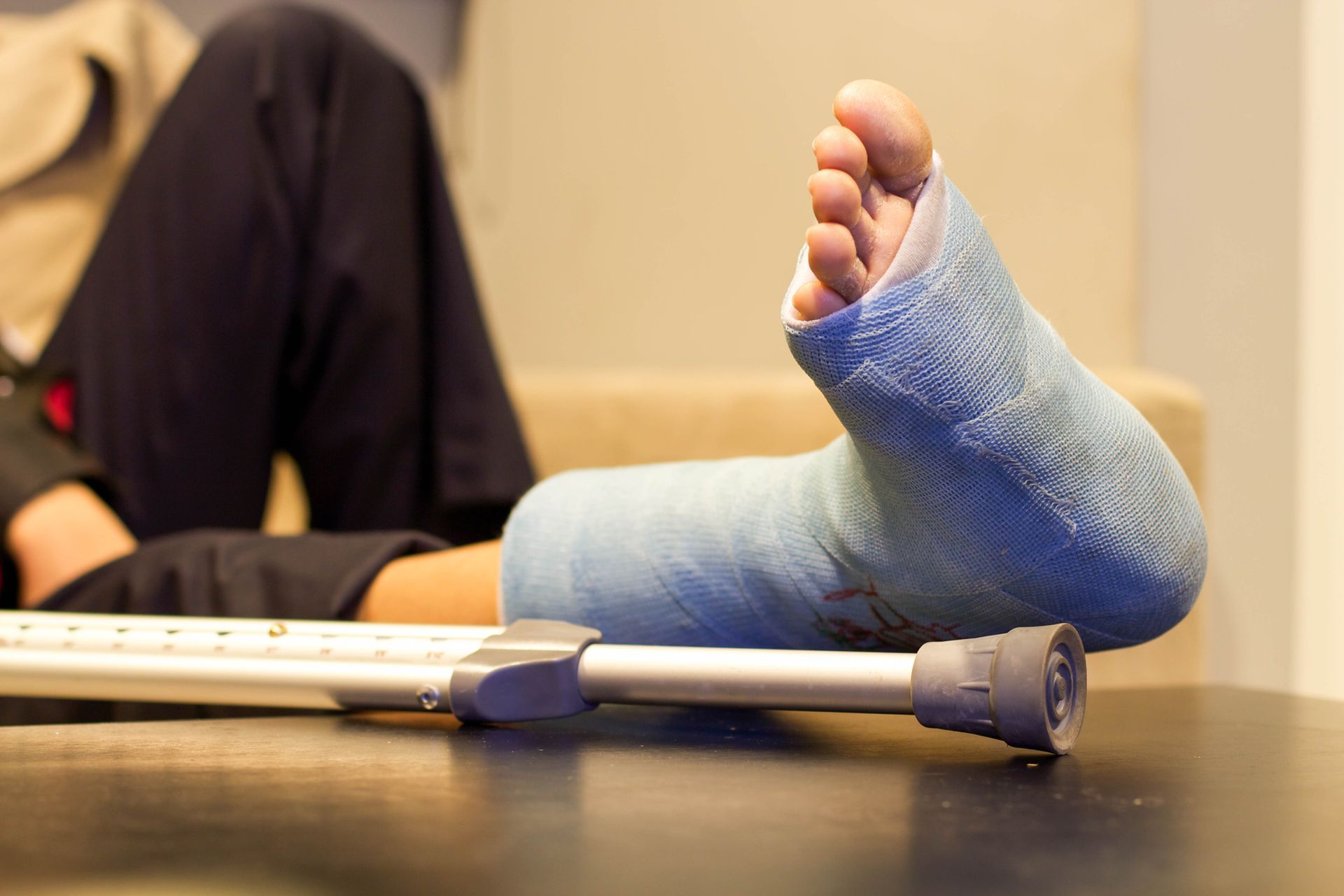Address: 1201 East Street Parkville, Missouri 64152
Toll Free:
Call Us Now:
Tips For Returning To Work After Workplace Injury

How you resume work after a workplace injury affects your recovery, productivity, and workers' compensation benefits. Involve all concerned parties in your return to work to minimize its effects on your life and make the process easy for everyone. Below are crucial tips that may help.
Get Adequate Medical Treatment
The first step in getting back to work is to recover from your injury, and the best way to hasten your recovery is to get adequate medical treatment. The choice of doctor who treats your injuries depends on state laws. For example, in Missouri, your employer chooses your treating physician. However, you must petition the workers' compensation department before changing doctors.
Follow all instructions from your doctor. For example, you should consult specialists your primary physician may direct you to see. Otherwise, your recovery might delay, and you might not return to work on time.
Explain Your Job to Your Doctor
Explain your job and workplace duties to your doctor. The doctor needs the information so they can make an informed decision on when you can resume work and which duties you should avoid at any time. Many doctors will only clear you for work once you achieve maximum medical improvement.
For example, you might struggle to stand for long periods if you have a limb fracture. Explaining that your job requires long periods of standing to your doctor may help them delay your return to work until the fracture heals.
Communicate Your Recovery
Communicate your recovery to all relevant parties, including your doctor, workers' compensation insurer, and employer. The employer needs your recovery details to know when to expect you back to work. You should especially notify your employer when your doctor clears you to return to work. Make the notification in writing.
Explain Your Disabilities and Limitations
You don't have to completely recover before you return to work. You may resume work even if you cannot perform to your pre-injury levels. However, your supervisor or employer should know your limitations. That way, the employer knows that to expect from you and does not assign you duties you cannot handle.
For example, your employer should know if you cannot stand for long, cannot bend, or cannot carry heavy weights. Ideally, you should have a doctor's medical report explaining your limitations; don't expect the employer to take your word for it.
Obey Doctor Instructions
Don't exceed your doctor's instructions once you resume work. For example, don't carry 50 pounds if your doctor has limited you to 20 pounds. Always seek clearance from your doctor before changing your work or handling more duties than the doctor prescribes. Otherwise, you might complicate your injuries and delay your recovery further.
Accept Workplace Changes
Lastly, don't expect the workplace and your work to be the same as before the injury. Your employer may modify your work or workplace to suit your disability and limitations. For example, the employer may:
- Reassign you to a different department where you can work with your limitations
- Ask you to undergo further training so that they can assign you to different duties
- Give you a different schedule or modify your shifts to accommodate your injury
- Modify your workplace and duties, for example, by giving you a standing chair if your injury means you should not sit for extended periods
- Allow you more frequent breaks than other workers
Do your best to accept these changes even if you think they stifle your career projection.
Work resumption may terminate or reduce your workers' compensation benefits. Contact Spooner & Perkins P.C. Attorneys at Law for help if you feel you are not receiving the benefits you should be receiving. We can also help you with any other workers' compensation issue you may come across.
CONTACT INFORMATION
Email:
Phone:
Toll Free:











